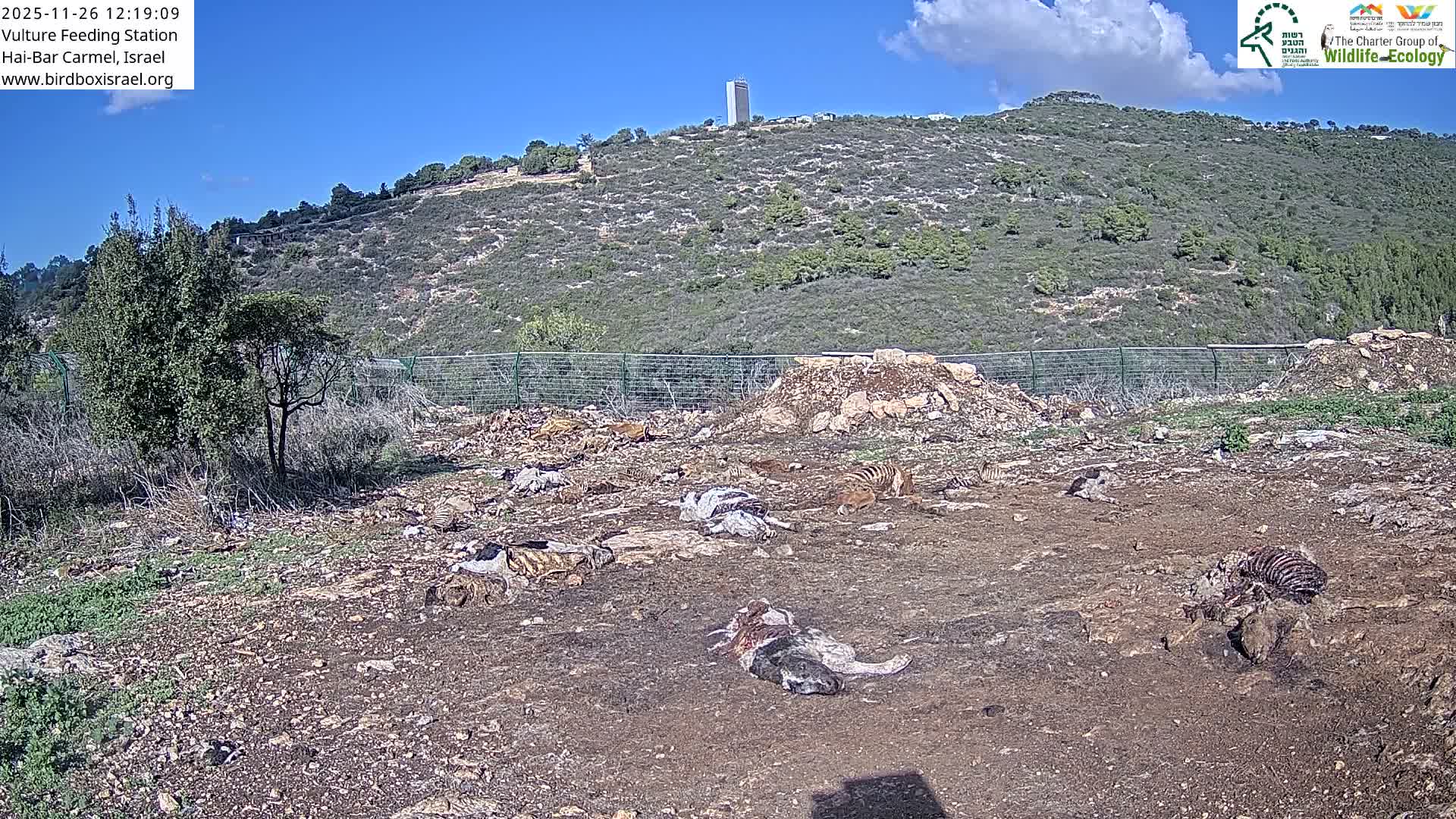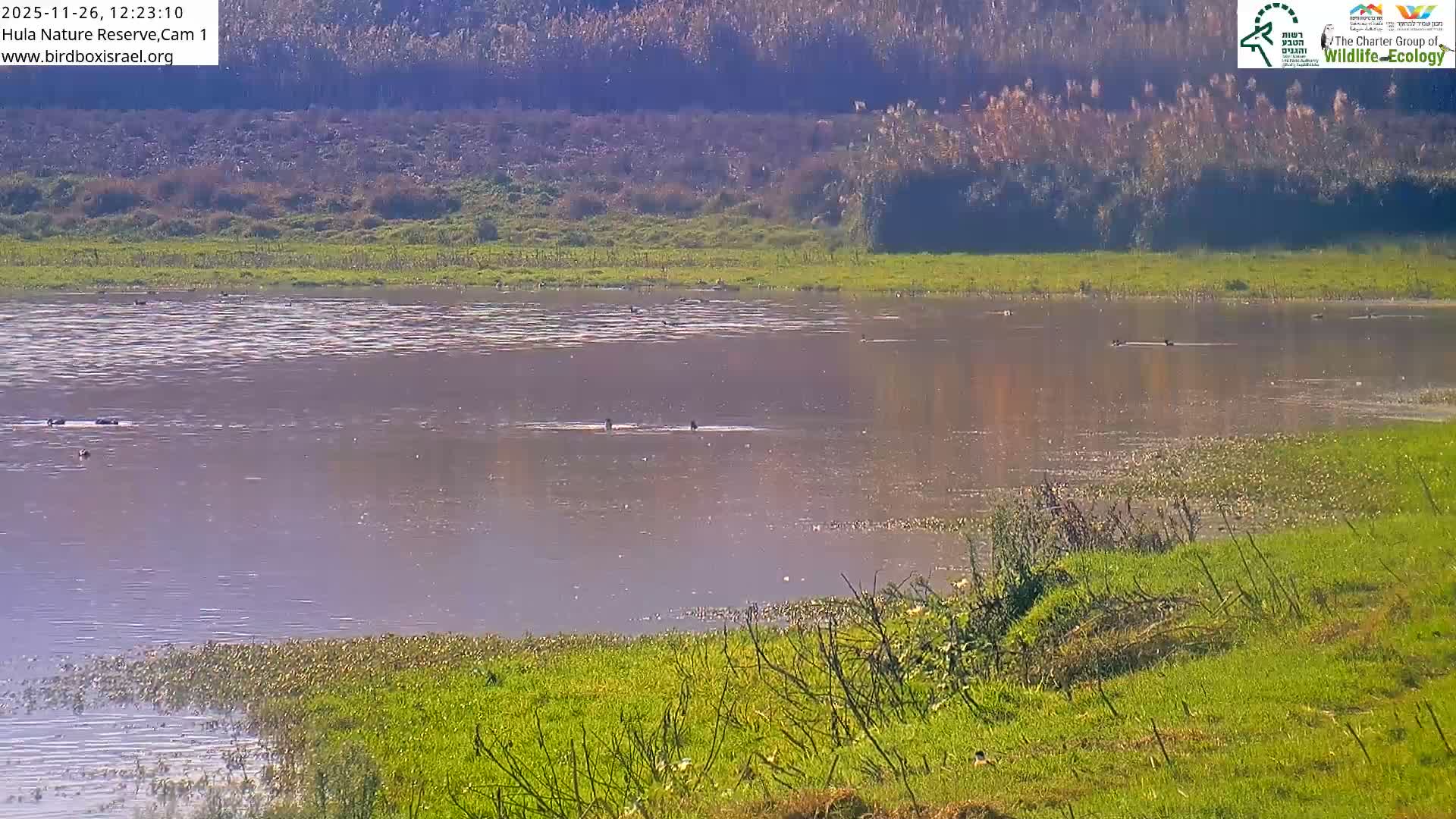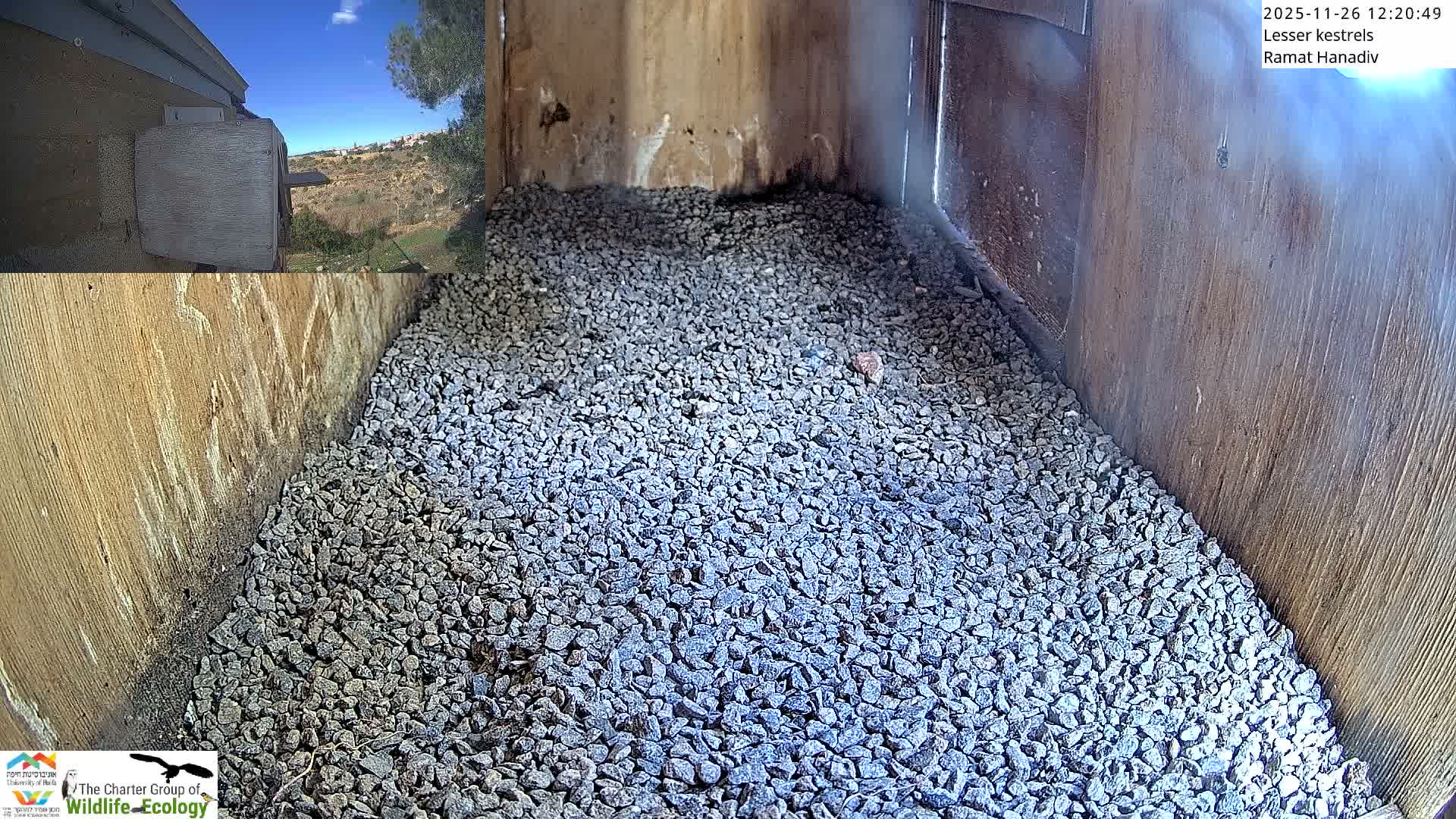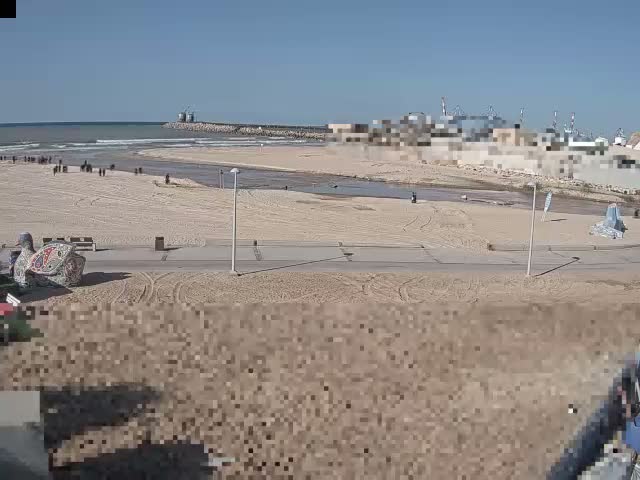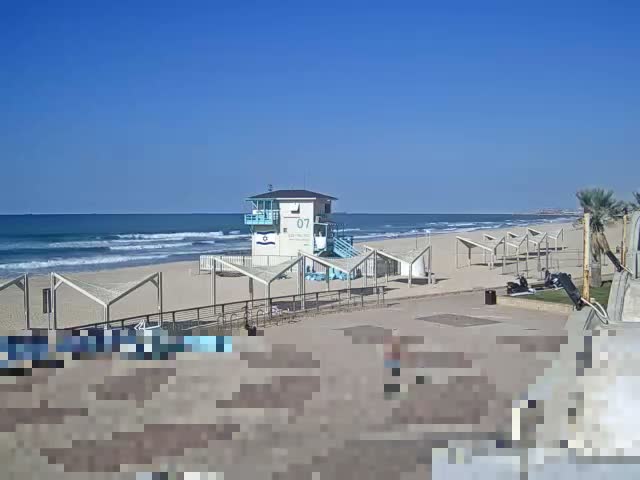Israel's West Bank Displacements: HRW Reports Mass Expulsions, Escalating Violence, & Annexation Goals
 Israel
Human Rights
Israel
Human Rights

A new HRW report reveals Israel displaced 32,000 Palestinians from West Bank camps since January 2025, amidst escalating violence and annexation efforts violati
A recent report by Human Rights Watch (HRW) has brought to light the forced displacement of tens of thousands of Palestinians from their homes in the occupied West Bank, drawing stark parallels with events in the Gaza Strip. The report, published last week, details the expulsion of 32,000 Palestinians from just three refugee camps – Jenin, Nur Shams, and Tulkarem – since January 2025. This marks the largest mass displacement in the West Bank since 1967.
HRW has explicitly labeled Israel's actions in emptying these West Bank refugee camps as 'war crimes,' underscoring a severe breach of international law. The displacements coincide with a dramatic surge in violence across the West Bank, where over 1,000 Palestinians have been killed by Israelis since October 7, 2023, the onset of Israel's war on Gaza. Illegal Israeli settlers are also reportedly intensifying their attacks on Palestinian communities.
In Area C, the section of the occupied West Bank where Palestinians lack even symbolic administrative control, the United Nations reported in November that more than 1,000 Palestinians were displaced due to home demolitions. An additional 500 people were made homeless in occupied East Jerusalem. Israeli authorities typically justify these demolitions by citing a lack of building permits, yet obtaining such permits is notoriously difficult for Palestinians in these regions.
Despite mounting evidence and calls from human rights organizations for investigations into senior Israeli military and political officials, Israel has faced minimal repercussions for its conduct in the occupied West Bank. Yuli Novak, executive director of the Israeli human rights group B’Tselem, voiced grave concerns, stating, “We are witnessing the total abandonment of Palestinian lives.” She warned that the situation in the West Bank is worsening daily due to a lack of internal or external mechanisms to curb Israel’s “ongoing policy of ethnic cleansing,” urging the international community to end Israel's impunity.
Israel's Stated Ambitions for the West Bank
Many high-ranking Israeli government officials openly articulate their objective to annex the West Bank. In October, Israel’s parliament advanced a bill that would extend Israeli sovereignty over the territory – a move widely condemned as a flagrant violation of international law. Bezalel Smotrich, Israel's hardline finance minister and an illegal settler himself, has been unequivocal about his intentions. Speaking to his Religious Zionism party last year, Smotrich declared his aim to “establish facts on the ground in order to make Judea and Samaria [the West Bank] an integral part of the state of Israel.” He reportedly stated his life's mission is to “thwart the establishment of a Palestinian state” and promised to legalize illegal outposts and establish sovereignty through legislation.
Currently, over 700,000 Israelis reside in illegal settlements on Palestinian land in the occupied West Bank and East Jerusalem. Smotrich further unveiled plans in August for a new “E1” settlement, comprising 3,000 homes designed to sever occupied East Jerusalem from the West Bank, a project he explicitly stated would “bury the idea of a Palestinian state.”
Justifications for Displacement and Demolitions
Israeli authorities frequently invoke planning laws or claim Palestinian homes are built on “closed military zones” – land reserved for Israeli state or security use, or for settlements – to justify demolitions. The UN Office for the Coordination of Humanitarian Affairs (OCHA) confirms it is “almost impossible” for Palestinians to secure building permits. In the case of the Jenin, Nur Shams, and Tulkarem refugee camps, Israel claimed displacements were part of “Operation Iron Wall,” an effort to suppress resistance. However, residents remain barred from returning months later, with many homes destroyed by bulldozers, actions the military spokesperson termed “operational necessity.” Despite petitions to Israel’s Supreme Court citing international humanitarian law breaches, all objections have been rejected.
Escalating Israeli Settler Violence
Violence perpetrated by illegal Israeli settler groups is on the rise, seemingly emboldened by the presence of fellow settlers in high governmental positions. OCHA recorded over 260 attacks in October alone, resulting in casualties or property damage – an average of eight incidents per day and the highest figure since data collection began in 2006. During the recent olive harvesting season, Palestinian farmers faced a surge of settler violence, often while Israeli soldiers observed without intervention. The Palestinian Farmers’ Union (PFU) asserts these attacks are “not random, but deliberate efforts to undermine Palestinian rural life,” aiming to make life unbearable for the indigenous population and ultimately force their expulsion.
